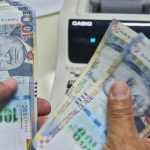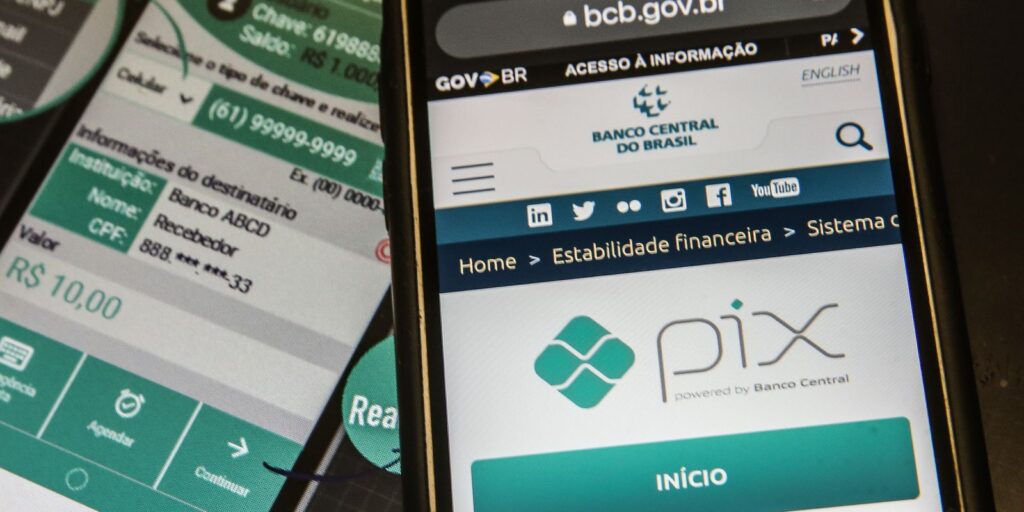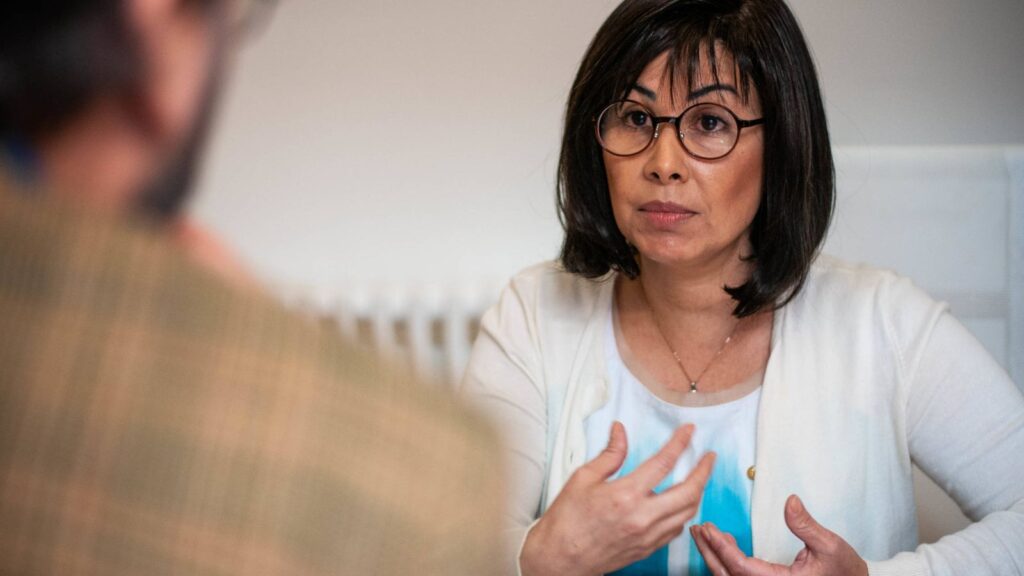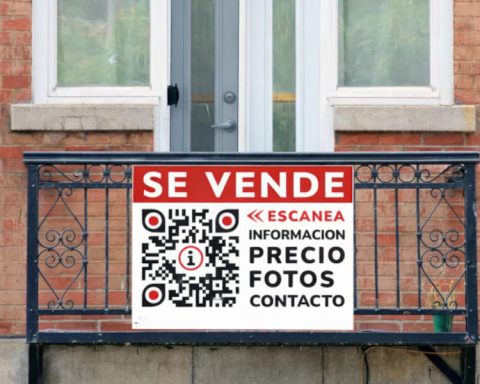In a few months, the long-awaited XXII Soccer World Cup arrives. Among many other peculiarities of this event, one that draws attention, for those who subscribe these lines, is that the company Byju’s, an Indian multinational of educational technology based in Bangalore, is the official sponsor of Qatar 2022. Thus, in a In the blink of an eye, the logo of this decacorn founded in 2011 and which currently registers more than one hundred million students on its platforms will be part of our daily scenery. But, what is it that effectively arouses our attention? In addition to its earnings, which derive from services to students from different countries of the world – tutoring through video calls, training to pass entrance exams for higher education, among others -, its marketing strategy in relation to installing its name as a global brand .
Byuj’s example shows a flourishing and lucrative global education industry (GIE), which unfolds, among other issues, from the entry of large technology corporations into education in its different forms. In relation to the educational systems, it is identified that these new actors “colonize” the ways of teaching, the ways of learning, the curricula and the standards of educational evaluation in order to extend their businesses. In our country, the IGE is being developed mainly in the area of educational technology (EdTech) which encompasses digital technological tools applied to education such as applications, platform services, electronic books, among others. According to recent reports, the EdTech area in Argentina already has around one hundred ventures, of which about a third is in the phase of exponential growth and internationalization.
The phenomenal growth of EdTechs in the world, especially in times of pandemic (when almost everything was accelerated and amplified), also brings with it a variety of problems. Among them, here, we are interested in highlighting a case where students’ rights were violated, due, in large part, to the absence of regulations and controls by the states. In an international investigation that analyzed 164 EdTech products (applications for mobile phones, applications for computers and Internet platforms) approved by 49 countries during the pandemic, it was identified that 89% of said products seemed to carry out data practices that put children’s rights were at risk, contributed to undermining them or actively violated them. Specifically, they had the capabilities to monitor, collect personal data, perform tracking actions outside of virtual classrooms, and manage the delivery of personalized advertising, among others. This unfortunate situation put at risk or directly violated the children’s privacy and other rights not related to their education.
During the distributed emergency education, many countries sought and promoted ways of teaching mediated by some online application, as a way to remedy the absence of classrooms. This situation exposed at least two situations that are closely related, on the one hand, the partiality of the discussions regarding the processing of personal data in childhood and the urgent need for its debate and consequent specific regulation. On the other hand, the growth and increasing presence of the commercial EdTech sector in education. From the State, Government and Public Policy Center of the National Pedagogical University we see that these phenomena demand from the States, at their different levels, public policies that recover and rehearse dialogues that overcome these problems. This challenge implies, once again, the need to achieve a synergy between the set of public and private actors, in which educational technology enhances situated pedagogical practices.
*
– Fernando Bordignon, professor at the National Pedagogical University (Unipe), PhD in Communication and Education in digital environments, specializing in the development of digital knowledge.
– Lucila Dughera, Conicet – e-TCS (Technology, Capitalism and Society Study Team), Ph.D. in Social Sciences, Master in Science, Technology and Society, BA in Sociology.


















